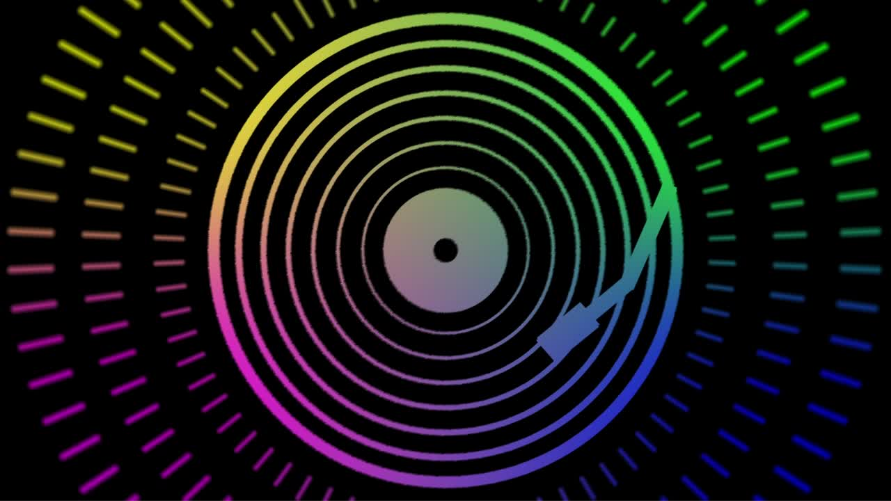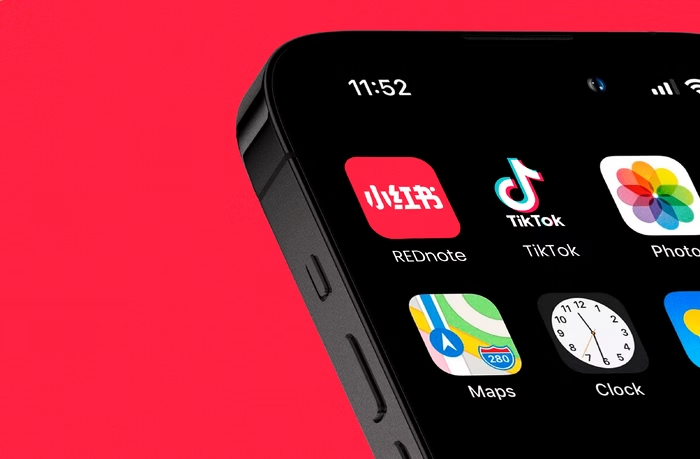AI in Music Creation: Udio’s Influence and Implications
The advent of artificial intelligence (AI) in music creation has sparked both excitement and skepticism within the industry. Recently, a new AI tool called Udio has emerged, claiming to revolutionize the music-making process by generating tracks from simple text prompts.
Developed by former researchers from Google DeepMind, Udio promises to streamline music production, boasting the ability to master a track in under 40 seconds. Users can input descriptions of their desired genre, themes, or lyrics, along with inspirations from artists, to generate fully mastered tracks. Additionally, the app offers a ‘remix’ feature, allowing users to further customize their creations.
Backed by substantial financial support from venture capital firm Andreessen Horowitz, as well as endorsements from musicians like will.i.am and Common, Udio has garnered attention for its potential to democratize music production. However, concerns have arisen regarding the ethical implications and copyright issues associated with AI-generated music.
Critics question the source of Udio’s training data and whether it respects the copyright of artists whose work may have been used in its development. Some argue that AI-generated music lacks the soul and artistic integrity of human-created compositions, devaluing the craft of music-making.
As highlighted by the Rolling Stone, there are legitimate concerns that Udio and similar platforms may have been trained on copyrighted music without proper authorization. Artists like Telefon Tel Aviv and MATRiXMANN have expressed skepticism and disdain for AI-generated music, citing its inferior quality compared to human-produced compositions.
Despite these criticisms, studies indicate a growing acceptance of AI in music creation among both fans and musicians. However, the question remains: Will DJanes and producers embrace AI-powered tools like Udio, or will they continue to uphold the value of human creativity in music production?








